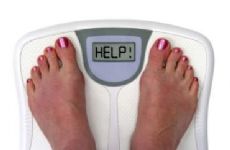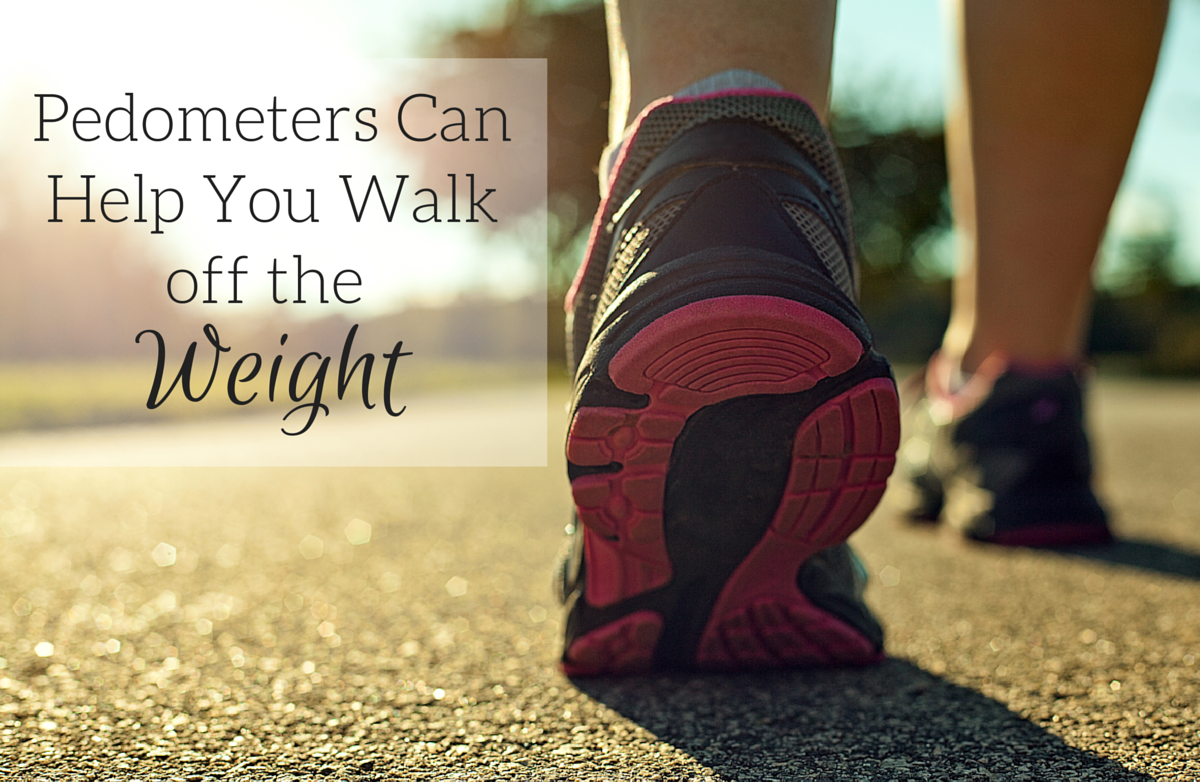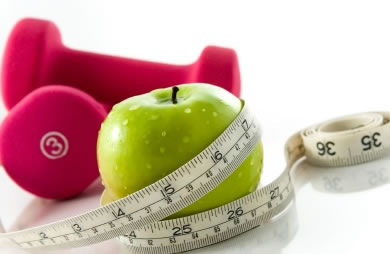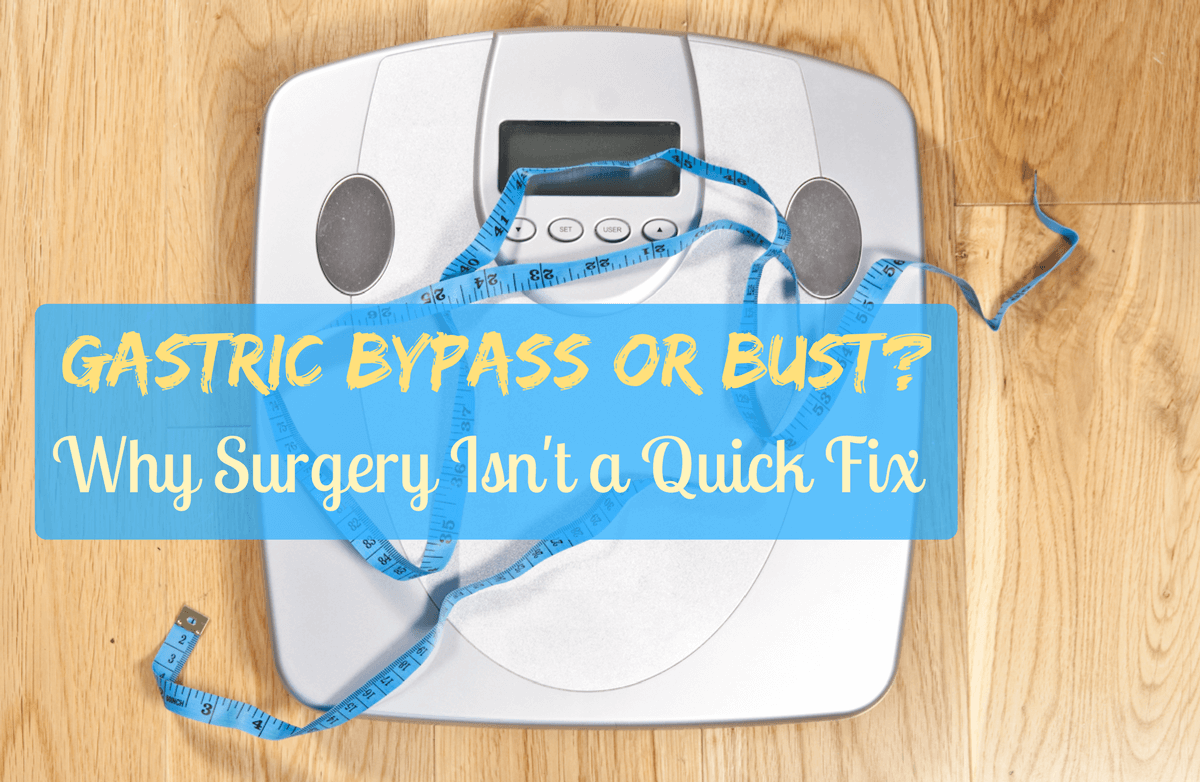|
Sometimes, people can diet and work out and track their calories and do everything right—but still not lose weight. I can't begin to tell you how often members, friends and even acquaintances ask me why they're not losing weight despite doing X, Y or Z. It's one of the most common questions I get as a trainer. Sometimes, the answer isn't that easy to come by. But usually, when someone seems to be doing the right things but not making progress, a list of possible problems runs through my head. These are the most common scenarios I tend to see that stop people from getting results—and they could be the culprits for your weight woes, too. So here are a few cold, hard truths about why you're not losing weight. You're eating back all the calories you burn. When you work out, you're burning extra calories. That's why exercise is so important in the weight-loss equation. But a lot of people overestimate how much they burn—and even use the "I exercised today" excuse to later overeat, overdrink (think alcohol) or overindulge. How many times have you faced a food temptation and thought, "Well, I worked out today, so it's OK this time." Or even, "I'll have this now, but work out extra hard tomorrow to burn it off." If that sounds all-too-familiar, this is one major reason why you're not losing weight. For the exercise to help you lose, you can't re-eat all those extra calories you burned. And in most cases, we overestimate how many calories we actually burned and underestimate how many calories we're actually eating, which means using that 3-mile walk (240 calories burned walking) to justify that restaurant meal (1,000+ calories, anyone?) leaves you in a worse position than if you may realize: at a calorie surplus. If this sounds like you, you may be interested in our guides on what to eat before you workout and what to eat after you workout. The Takeaway: Exercise can help you lose when you're really using it to burn extra calories, not as a reason to eat more. You're relying on exercise alone to do the trick. Yes, exercising can help you lose weight (and it has so many other health benefits) because it helps you create that calorie deficit needs to drop body fat. But here's the truth: Exercise alone will not help you lose weight. For emphasis, I'll say it again. If you are relying on exercise alone to lose weight, you are fighting an uphill battle. Here's why. Exercise burns calories, but not as much as people think. When you consider how many calories you burn in a day, exercise burns very little. And it takes a lot of time and effort to burn even a few calories. A full hour of intense exercise may only burn 400-500 calories for a lot of people. On the flipside, it's easy to eat hundreds or thousands of calories in even a few minutes. But it would take hours of exercise to offset those calories. If you are not changing your diet and reducing your calorie intake, exercise alone probably won't help you much. As they say, "you can't out-train a bad diet." No amount of exercise can make up for a poor or high-calorie diet. You've got to have both (calorie reduction through diet and exercise) for optimal weight-loss results. The Takeaway: The best way to lose weight is to cut back on what you eat and increase your burn through exercise—not one or the other. You're not eating as healthfully as you think. We know that Americans and others who eat a Western-style diet have a lot of health problems—and weight problems. The vast majority of people are overweight these days. Yet research shows that the vast majority of people also think they eat healthfully and consider eating healthy a priority. Are you as confused about that as I am? Clearly, we are not eating that well if we continue to see steady increases in heart disease, type 2 diabetes, overweight and obesity. Here's the thing: We all think we eat pretty well. Even people who eat a pretty bad diet don't think it's that bad. No one really wants to admit that their diet might be pretty unhealthy. We all think we're probably doing better than others. This is especially true if you compare your diet to what you see your friends, family or co-workers eat and consider your choices to be "better." Whether that's actually true or not, the truth is that the vast majority of people could (and probably should) improve their diets immensely. The Takeaway: If you're not meeting basic guidelines for a healthy diet (which involves way more than just counting calories alone) and/or you don't actually track your food/nutrition to see how it all adds up in black and white, don't make assumptions about how "good" you really do eat. Research confirms that people underestimate the quantity of food they eat, so read labels and measure. You're doing the wrong kinds of exercise. If you are exercising regularly, you're already doing a very important thing to improve your health. But when it comes to exercising for weight loss, there's a lot of confusion out there. One day you hear that strength training is the best way to lose weight. The next day you're told to focus on cardio—but not just any cardio, intervals. Then you hear it has to be high intensity intervals or Tabata training. What gives? The truth is that all types of exercise will burn calories, which can help with weight loss. But when it comes to losing weight, it's all about burning calories. And in most cases, cardio is the calorie-burning king. Strength training is important, too (for many reasons), such as reducing the amount of muscle loss that occurs during weight loss, but it's typically not a major calorie burner. So if you are relying almost exclusively on strength training as your weight-loss strategy, it could backfire. The Takeaway: The best exercise plan emphasizes cardio for calorie burning, but still includes strength training to preserve lean muscle. Both are important; neither option can do everything. You're not being consistent enough. When you're struggling to lose those final 5-10 pounds or to overcome a plateau, consistency in your efforts is even more important. A lot of people stick to strict diet and fitness programs for days or weeks at a time, but their habits simply aren't consistent for long enough. Ever eat "perfectly" and exercise "religiously" for a whole week, only to step on the scale that weekend to see that you haven't lost an ounce? "What's the point!" you may think as you go on an all-out eating fest and skip the gym for a couple days. Maybe you don't even make it a few days "on track," but rather you eat right for one day, then fall of the wagon the next. Or perhaps you do feel pretty consistent in your habits, but the occasional slice of birthday cake or drinks with friends happens more often than just occasionally. Eating that restaurant dessert that's 4-5 times a standard serving size (and packed more sugar and fat than seems physically possible) doesn't really count as moderation, even if it's the only sweet treat you've had all week. Moderation needs to apply not just to the frequency of treats or rest days, but the amount, too. Practice portion control—so that you don't go overboard and set yourself back. The Takeaway: Eat right and exercise as consistently as possible and apply both moderation and portion control when it comes to indulging. You're not measuring the right things. A lot of people complain that they're not seeing the scale move, even though they are losing inches and clothing sizes. Despite these obvious signs that they're getting leaner, they still want to see the scale change. If you are noticing other improvements in your body shape or size, you are losing fat. The scale might not always reflect that you've lose weight—but ultimately it is the shape of your body and the amount of lean muscle vs. body fat you have that shows you're making progress. The Takeaway: Don't just rely on the scale to measure your weight loss. That number won't really tell you everything you need to know. You don't need to lose weight. If you are at a healthy BMI or a body fat percentage in the healthy range, you probably don't need to lose weight for any health or medical reasons. Still, you may want to lose some pounds for vanity's sake, or even to improve your athletic performance. There's nothing inherently wrong with wanting to lose weight when you're already at an acceptable weight. But, when you only have only a little body fat to lose, it can be extremely challenging for some people. Your body is usually content to be right where it is, weight-wise. For many, their body has sort of settled in to what it feels like is a good, natural weight—which may not be your ideal weight in your head. It's certainly possible to drop your body fat percentage and get leaner, but it will often take even more dedication—and time—than it will for someone who has a lot of weight to lose. For some, it may involve dieting or exercising to extremes rather than a moderate amount. But with diligence and some experimentation, you can get there—especially if you follow the other tips outlined here (consistency being #1). The Takeaway: When you have less fat to lose, the road may be harder and longer; consistency is key! You have an underlying issue. When all else fails and you've truly adhered to your program—and all the advice here—and you're still not losing weight, you may secretly wish you had some kind of underlying medical problem that would explain it—a slow thyroid, some kind of hormonal disorder, or something that popping a pill could fix and then magically help melt away the pounds. While it is true that people with certain medical issues or on certain medications can have trouble losing weight, most people struggle with losing it because they struggle with consistently burning more calories than they eat. The only way to do it is to track, measure and weigh your food honestly and accurately, and burn excess calories through increased physical activity. The Takeaway: If you've truly tried everything discussed here and more—and simply aren't making progress—it would not hurt to check in with your medical provider to see if any underlying issues are at play. Here are a few other common reasons you may not be losing weight despite doing everything right:
Weight loss seems simple, but it doesn't happen easily. But many, many people just like you have fought the battle and won—and you can, too. Just be consistent. Track, track, track. Ask for help and support. And slowly but surely, you will get there. |
Related EntriesMore From SparkPeople
|






















